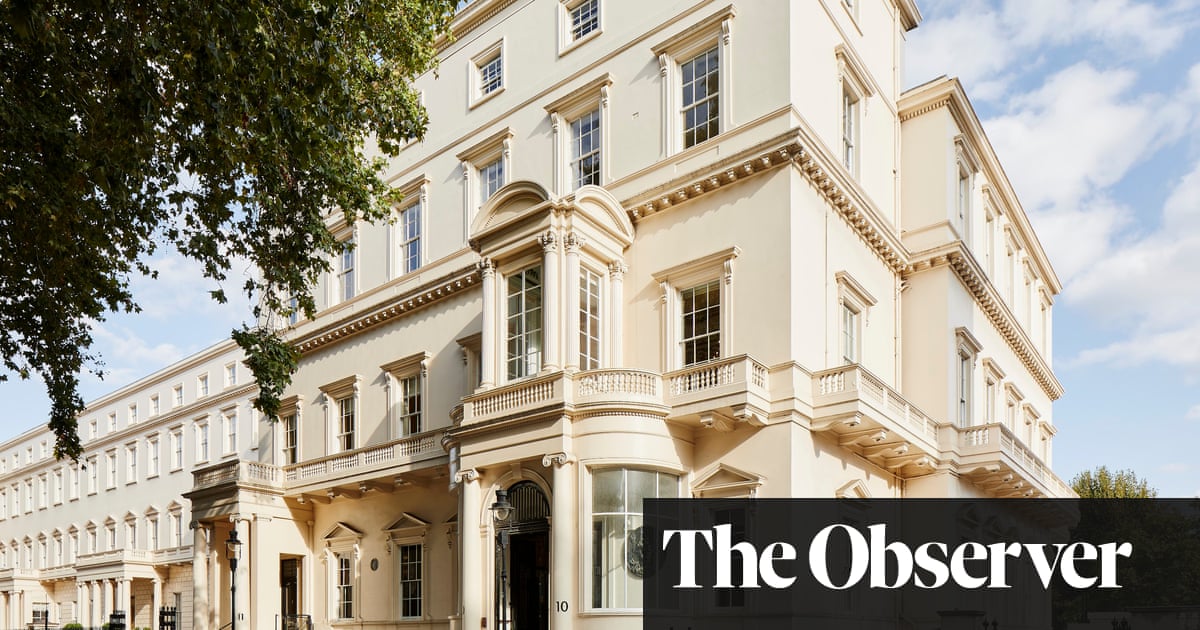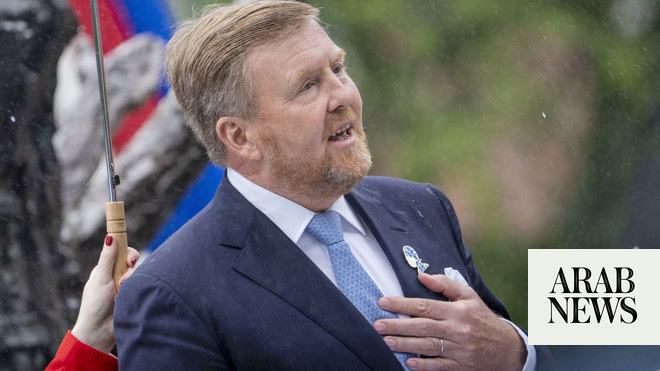
Britain’s most revered academic institutions ought to stop worrying about their outdated image, since they now offer the best route to global influence, according to British historian Professor Rana Mitter. The renowned China expert, now based at Harvard’s Kennedy School, told the Observer that educational prestige is an increasingly important tool for tackling challenges to trust and fresh threats to the world order – and he wants a newly revamped British Academy in London, where he is vice-president for public engagement, to play a key role.
“Outside our concerns with Brexit and decolonisation, the wider world has moved on and it still wants Britain to play a big part.
“Our leading universities, and the BBC, continue to be admired. If we really want a reach that goes beyond our islands, and not just an inward discussion, we must embrace this. That is the academy’s mission. There is much more appetite for real interaction out there than we realise,” he said.
Mitter is also concerned about fears, voiced once again this weekend, over the influx of foreign students in Britain’s universities. Security worries like those set out by MI5 on Friday could thwart more positive international exchanges, he argues. The domestic security service warned the heads of 24 leading institutions, including Oxford, Cambridge and Imperial College London, that hostile foreign states are targeting their sensitive research, with suspicion pointing at China.
The deputy prime minister, Oliver Dowden, has also recently warned that some universities’ reliance on overseas funding may open them up to being “influenced, exploited, or even coerced” by a foreign power.
But Mitter, who will oversee the programme of public events when the academy officially reopens this summer, believes the majority of Chinese people retain a genuine interest in British culture and should not be stereotyped as a sinister force. “First of all, of course, it is really important that UK universities are funded as well as possible so that they can offer the right level of education to everyone in Britain. But China, for all its rhetoric, is still keen on the British way of life and we can see that in the number of students who come here.”
Mitter’s positive stance now stands to be weighed in the balance during the Westminster inquiry launched on Friday by the select committee on education that will look into academia’s reliance on international student tuition fees. “We are really overdue a comprehensive review of university funding, most would agree,” said Mitter, “but the problems being experienced in humanities departments are as much to do with social structures as with education budgets. Much of the work that these studies can lead to is not well enough paid here.”
The British Academy, established in 1902 and based in a grand town house next to the Mall in central London, is soon to emerge from building redevelopment and will mark the occasion with a summer drive to engage with the public. Themed events, coupled with the installation of state of the art digital links, are intended to open up its activities for the first time beyond academia, although still calling upon the finest thinkers. The academy’s large modern art collection, including an unseen new work by Hew Locke, will also now be made available online through a new partnership with Bloomberg Connects.
“Social sciences and the humanities have never been more necessary. They give shape and meaning and so the core of what the academy does will be to make that case,” said Mitter. “How can a technological age move forward without pausing to think? If it doesn’t stop and breathe, society is diminished.”
The academy is giving a taster of its public programme at its annual summer Showcase which will feature Gary Younge and David Olusoga, both honorary fellows of the academy. Early next year it will also offer an in-depth look into the Age of Mistrust (Jan-March) and into folklore and identity in Modern Folklore (March-June), as well as keeping up an ongoing partnership with the popular podcast, The Rest is History.











